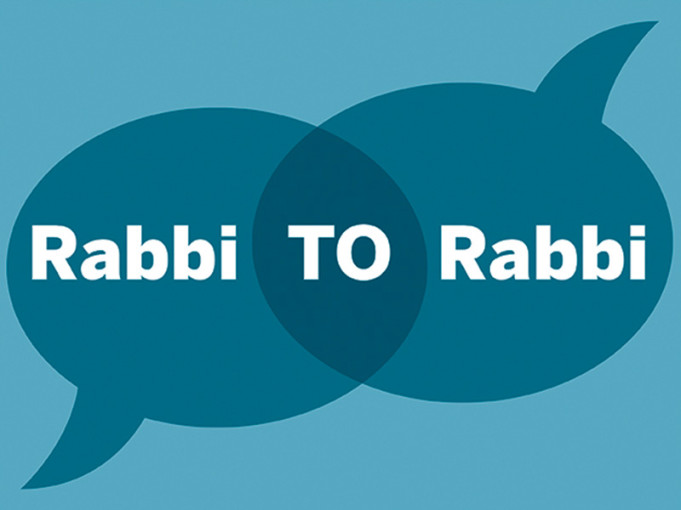Rabbi Raysh Weiss: Shaar Shalom Congregation, Halifax
Rabbi Lionel Moses: Shaare Zion Congregation, Montreal
Rabbi Weiss: For me, prayer is most powerful when we dispense with our very modern notion of metrics and unapologetically allow ourselves to be our honest selves in the context of a committed and caring community. Proper education and familiarity with the liturgy can certainly aid in achieving these goals, but, at its core, tefilah is a form of authentic presence, unmarred by the prevalent cynicism of our times. What I love about prayer is its implicit acknowledgment of both our connectedness to other Jews and our individual vulnerability as humans.
As rabbis, we set spiritual tones and goals in communal prayer. What are your goals in tefilah and what are your strategies for realizing those goals?
Rabbi Moses: For me, davening – that almost untranslatable word that means prayer and praying and so much more that is inexpressible in the English language – is a religious obligation, but, at the same time, a moment of deep contemplation about God, the universe and our connection to the community of Jews throughout the world.
It’s certainly hard to convey to others what that moment signifies, because davening is a practiced skill, perhaps even a discipline. Many contemporary Jews practice discipline by exercising at the gym, being conscious about their food intake and so forth. Prayer requires similar discipline and that’s where it gets hard. There’s a skill set that includes mastering the Hebrew text, learning the melodies and devoting the time to practicing these skills on a daily basis.
Many contemporary Jews have not seen the relevance of acquiring these skills. They don’t spend the requisite time each day to keep these skills fully tuned. The result is that when contemporary Jews do come to synagogue, the pervasive silence in the room suggests that they are disconnected from the davening.
Rabbi Weiss: I believe there is a genuine thirst for spiritual connection in prayer, but the problem lies in how we understand and prioritize our daily commitments. When tefilah is viewed merely as a choice, as one experience among many possible others, we lose something essential and life-sustaining about the focused, sustained introspection that prayer can afford us.
There is nothing inherently flashy about traditional tefilah, which is part of its beauty. But that can be challenging for modern Jews who have become accustomed to instant gratification.
Rabbi Moses: Overcoming this situation requires more than gimmicks. Shorter services are not the answer (although three hours on a typical Shabbat morning can be long, even for the initiated). Joyous singing is certainly a plus, but that too requires that people are interested in learning the melodies and the Hebrew.
We need to take small steps, but they also need to be bold steps. Success will not come rushing down the side of the mountain, but we have to make an ongoing, concerted effort to engage individuals. We need to take succour from our successes and use them to build further successes.
Rabbi Weiss: Ultimately, tefilah requires an entirely different modality of consciousness. Once a person has mastered the fundamentals of language, tune and choreography, there still lies before her or him the potential of a lifetime of spiritual growth and evolution through prayer. As Rabbi Abraham Joshua Heschel aptly wrote, “the crisis of prayer is not a problem of the text. It is a problem of the soul.… Nothing less than a spiritual revolution will save prayer from oblivion.”
That spiritual revolution starts with the recognition that each of us comes equipped with the potential for transformative, relevant tefilah. One of my favourite verses is in Psalm 69: “As for me, may my prayer to You, God, be at an opportune time.” These words can actually be read as: “And I am my prayer to You, God, at an opportune time.”
I understand this verse to mean that you are your prayer. Your real prayer – which, in turn, is the real you – is buried deep down in the inner chambers of your heart. It is a very personal and sacred part of you that few may truly know or understand. When we acknowledge our greatest dreams and our deepest concerns – when we acknowledge ourselves as not being completely self-sufficient – we create a place for real tefilah to begin.
